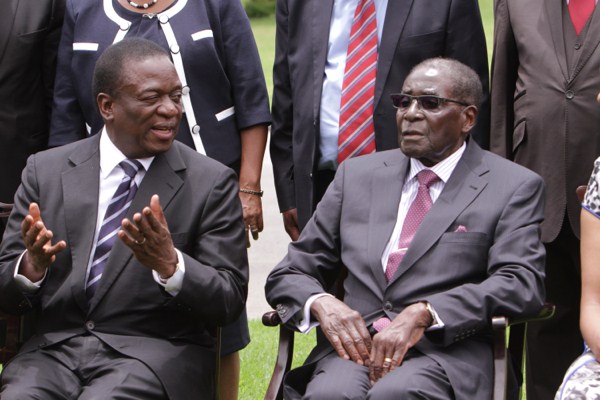The open feuding within Zimbabwe’s ruling party, ZANU-PF, intensified last month, as rivals battled over the succession to 90-year-old President Robert Mugabe. This culminated in the dismissal by Mugabe of Vice President Joice Mujuru and her allies in the Cabinet, a move that handed Justice Minister Emmerson Mnangagwa the advantage in the succession race. Mnangagwa benefited from the support of the president’s wife, Grace Mugabe. With Mujuru apparently neutralized, the question is whether that alliance will hold, or whether it will be undermined by rival ambitions.
The purge of December 2014 still leaves a whole host of issues unresolved in Zimbabwe. Mnangagwa has now maneuvered himself into a highly advantageous position, but it is still unclear if he has Mugabe’s unambiguous blessing as successor. There has been considerable acrimony between the two in the past, to which both personal and intra-Shona ethnic tensions have contributed.
Nevertheless, Mnangagwa has proved his loyalty on numerous occasions by outdoing Mugabe himself in his capacity for violent repression. He was deeply implicated in both the atrocities in Matabeleland in 1983-1984, in which 20,000 people were killed by the army’s North Korean-trained 5th Brigade, and in the campaign of state terror unleashed in April-June 2008, which reversed Mugabe and ZANU-PF’s election defeat at the hands of the opposition Movement for Democratic Change (MDC). As chairman of the Joint Operations Command, effectively the junta running the country, Mnangagwa has been “the most powerful figure in the country after the president,” and the vice presidency now formalizes that. However, succeeding Mugabe in the top post is still far from a formality.

